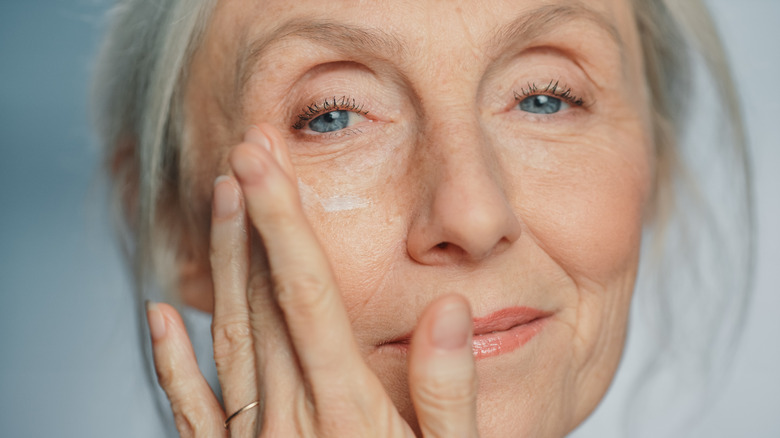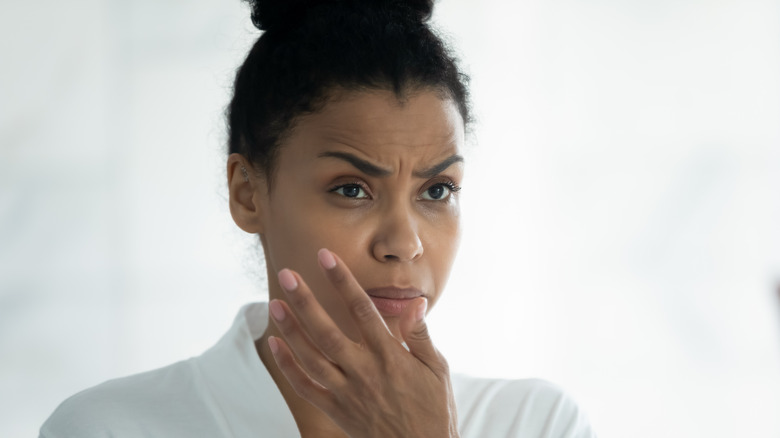Common Skin Changes That Happen During Menopause
It's no secret that your skin naturally begins to change as you age. Over time, skin can appear less full because it's losing some of the "baby fat" that created a voluminous, healthy, and youthful-looking face in your younger years. Your skin has many layers containing collagen protein that keeps your tissue connected and prevents sagging. However, skin also gets thinner with age and loses pigment, making your face look like it lacks vibrance or color.
Of course, aging isn't the only thing that impacts the look of your skin. Sun exposure, nutrition, the climate you live in, and genetic factors can all play a part in your skin's journey. While getting older isn't something you can control, certain lifestyle choices can help you prepare for the changes your skin will experience.
Specifically, women start noticing significant changes in their skin when they enter menopause because their skin is losing collagen very fast. Therefore, understanding the connection between your skin and the hormonal changes inside the body can help you approach your skincare game with comfort and clarity.
What happens to a woman's body during menopause?
Menopause usually begins when women enter their mid-40s to mid-50s, as they exit their reproductive years. Most women experience monthly periods after each ovulation cycle but menopause is marked by the period starting when a woman's ovaries no longer release healthy eggs. This causes estrogen to drop, leading to many well-known symptoms like hot flashes, insomnia, and mood swings.
A woman's skin is also impacted by these hormonal changes. Since estrogen is a necessary and essential catalyst for the body to naturally produce collagen and other proteins like elastin, without it, your skin will begin to look dehydrated and wrinkled.
At the onset of menopause, you may notice that your skin becomes more sensitive or gets irritated by products that never used to bother you. This is because women's skin pH balance changes around this age, the American Academy of Dermatology Association explains. Since menopause can also lead to extremely dry skin, it is ideal to prioritize a gentle cleanser that won't strip your skin of its natural oils. On the flip side of things, excess oil production is also a common skin side effect during menopause that can lead to acne. The decrease in estrogen and progesterone creates a hormone imbalance that leads to larger pores and more oil.
Learn to love the skin you're in
It can be hard to feel confident in your skin amidst all of these changes. However, understanding why certain skin concerns are happening is the first step toward acceptance. Despite the societal standards of beauty being unreasonable, allowing yourself to feel gratitude for the skin you have can do wonders for your mental health. It can be easy to search for ways to clear up your face's hyperpigmentation or reduce fine lines as you age. However, choosing skin positivity, the movement that embraces wrinkles and acne, can change your life.
Of course, once you begin to notice the more prominent changes that are occurring with your skin throughout menopause, you can prioritize products that will best support your skin's overall health such as moisturizers, oils, hyaluronic acid, and retinol.
Understanding how to build a skincare routine for aging skin is imperative, especially because certain products will be really beneficial. For example, there is a specific type of face wash you should be using for aging skin, and getting your hands on the best retinol serums to fight wrinkles will not only slow down the aging process but can actually bring that healthy glow back to your face.


